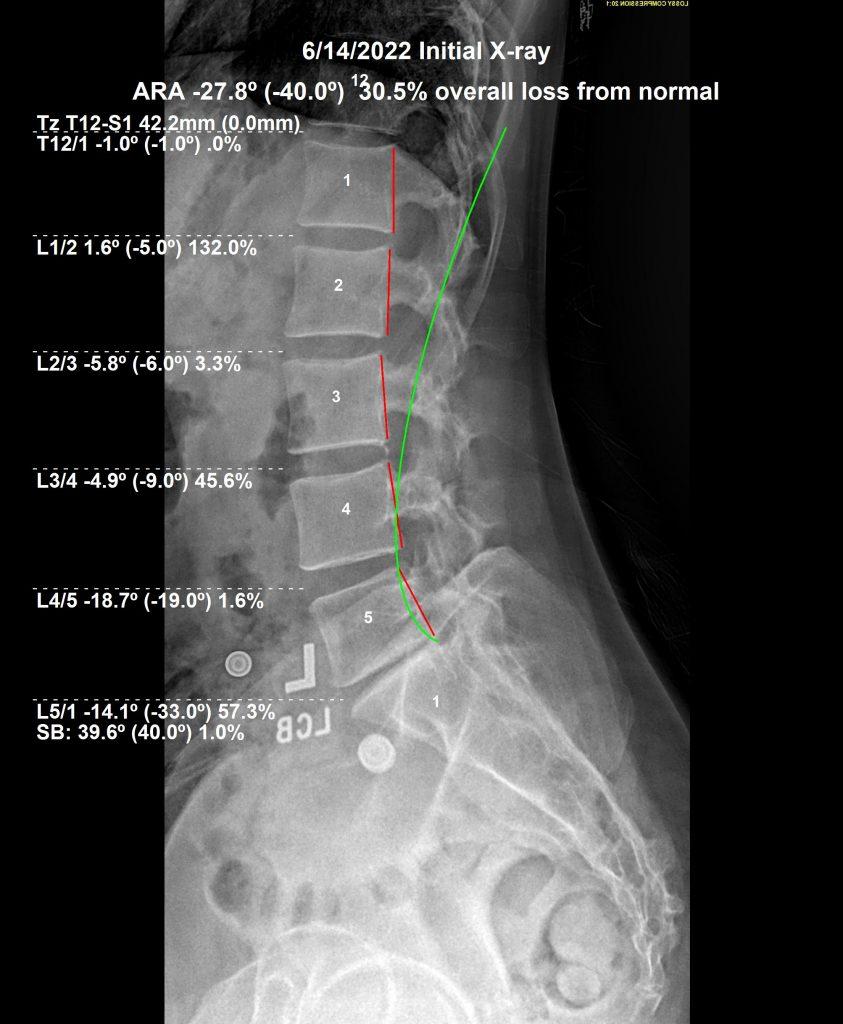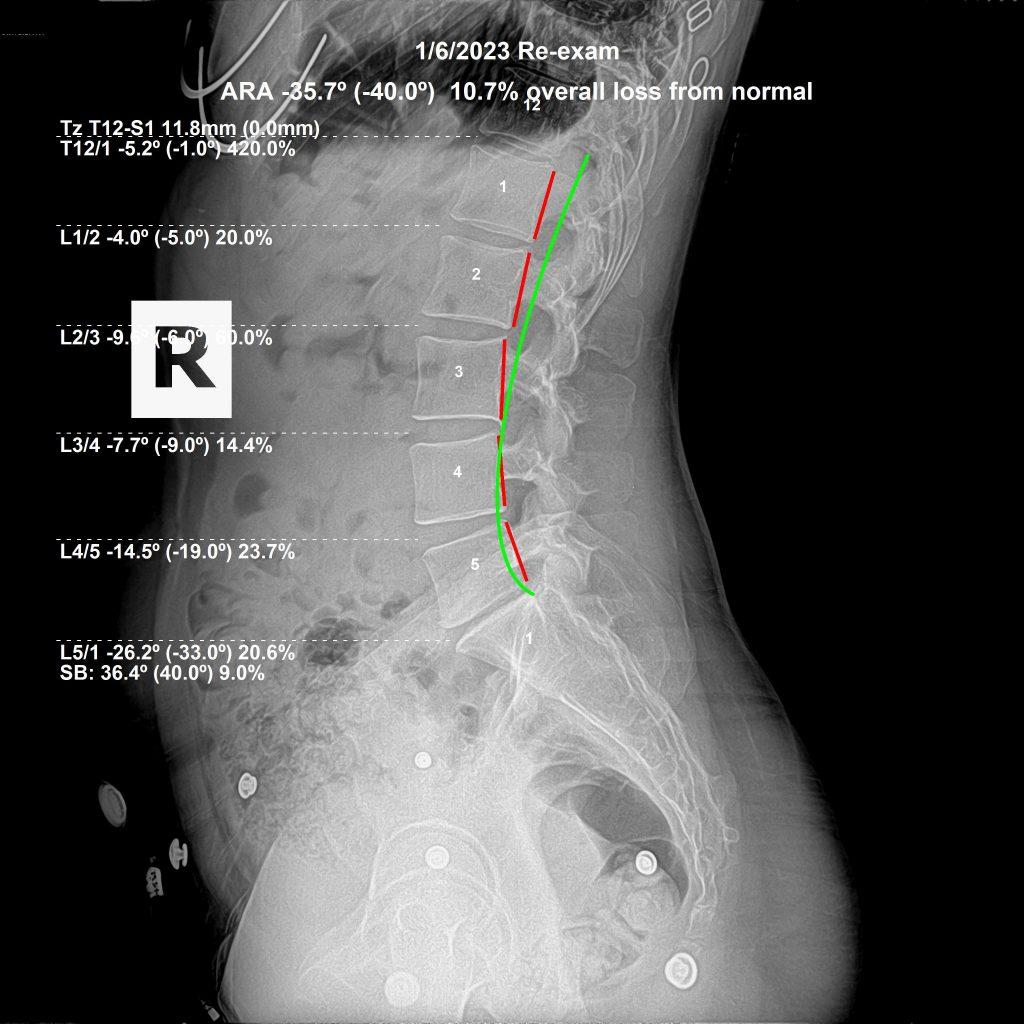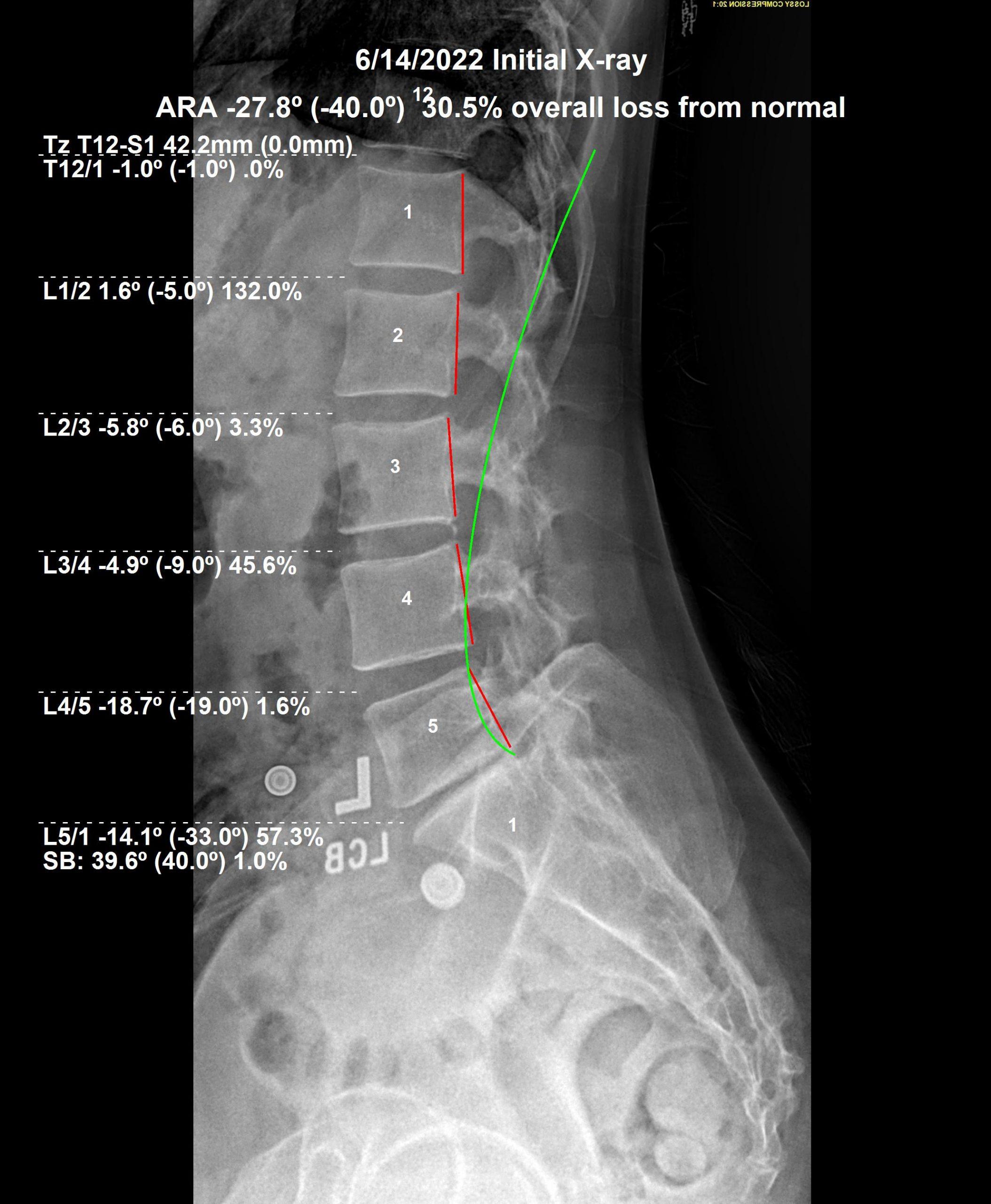Your digestive and endocrine problems could be coming from your spine. While it might seem surprising, the intricate connection between the spine and these vital bodily functions is a subject that has gained increasing attention in the world of healthcare. In this article, I will delve into the mechanism of how Your spine can affect digestive and endocrine Health.
How Your Spine Can Affect Digestive and Endocrine Health
Digestion is a complex process that involves the breakdown of food into nutrients your body can absorb. It relies on the communication between the Central Nerve System and how the CNS controls and coordinates the other systems. Your spine can either protect or inhibit that control. Here’s how your spine can influence your digestive health:
Nerve Communication
The spine is a critical part of the central nervous system. It houses the spinal cord, which serves as a communication highway between the brain and the rest of the body, including the digestive organs. Subluxations in the spine can disrupt this communication. With improper communication comes improper function. Some of the most common digestive issues we see with lumbar subluxations are bloating, constipation, and acid reflux.
The Endocrine System and the Spine
The endocrine system is responsible for producing hormones that regulate various bodily functions, from metabolism to mood. Although it is intimately tied to the nervous system, it is still under the control of the brain. The spine’s influence on this system is often underestimated but should not be overlooked:


Hormone Regulation
Subluxations in the spine can disrupt the endocrine system’s ability to release hormones in the proper amounts, at the proper time, under the proper circumstances. This can lead to hormonal imbalances, affecting metabolic processes and overall well-being. Hormones play a crucial role in human reproduction, controlling the menstrual cycle and regulating sexual development. The main reproductive hormones are estrogen and testosterone. The ovaries produce estrogen and progesterone, which are responsible for sexual development and preparing the uterine wall to nourish fertilized eggs during pregnancy. The pituitary gland produces follicle-stimulating hormone (FSH) and luteinizing hormone (LH), which are controlled by the hypothalamic hormone gonadotropin-releasing hormone (GnRH). Androgens produce complications such as liver dysfunctions, prostate gland enlargement, difficulty urinating, premature closure of epiphyseal cartilages, testicular atrophy, infertility, and immune system depression. Hormonal regulation of the reproductive system involves hormones from the pituitary gland, adrenal cortex, and gonads.
Stress Response
Stress can negatively impact both the spine and the endocrine system. A subluxated spine can exacerbate the body’s stress response, leading to an overproduction of stress hormones like cortisol, which can further disrupt the endocrine system’s equilibrium.
Seeking Relief and Solutions
How would you know if spinal subluxations are causing your digestive and / or reproductive issues? Most medical professionals do not approach health from a (WHOLE)istic approach. They would not be the ones to consult. They would not associate nerve function with organ function. Only Principled Chiropractors understand the relationship between nerve system integrity, spinal subluxations and systemic function. Through specific analysis and corrective adjustments, we are able to identify the areas of the spine affecting nerve flow. Then, with a corrective adjustment, restore nerve flow, allowing the innate intelligence of the body to operate without interference.
What was the Outcome
That is what happened with this case. A 45 year old female came to us with whole system pain and dysfunction. She had been diagnosed with Chronic Fatigue Syndrome, pre-menopause, thyroid dysfunction, inflammation and arthritis. She suffered from headaches, paresthesias into her arms and legs, and chronic mental fog. We adjusted her subluxations when necessary, and over time, her body has corrected many of the imbalances that she was afflicted with. She still has more correction to do, but she has a Quality of Life now that she didn’t have before. She is engaging in exercise and other health related activities. Instead of covering her symptoms with toxic medications, she is empowering her body to restore function naturally.

